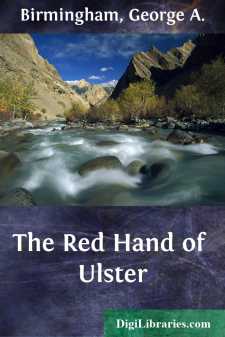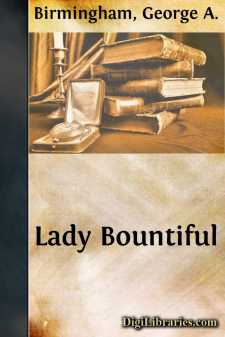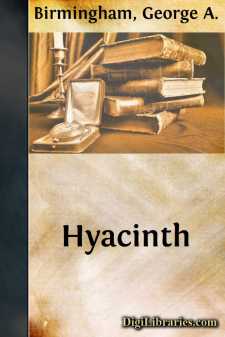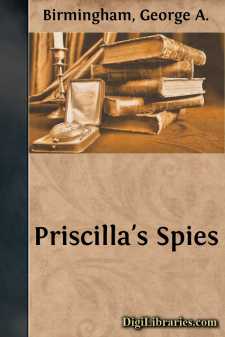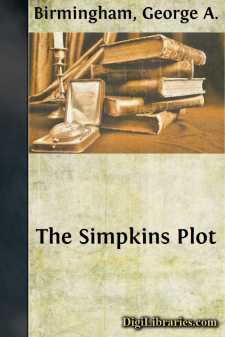Categories
- Antiques & Collectibles 13
- Architecture 36
- Art 48
- Bibles 22
- Biography & Autobiography 813
- Body, Mind & Spirit 142
- Business & Economics 28
- Children's Books 17
- Children's Fiction 14
- Computers 4
- Cooking 94
- Crafts & Hobbies 4
- Drama 346
- Education 46
- Family & Relationships 57
- Fiction 11829
- Games 19
- Gardening 17
- Health & Fitness 34
- History 1377
- House & Home 1
- Humor 147
- Juvenile Fiction 1873
- Juvenile Nonfiction 202
- Language Arts & Disciplines 88
- Law 16
- Literary Collections 686
- Literary Criticism 179
- Mathematics 13
- Medical 41
- Music 40
- Nature 179
- Non-Classifiable 1768
- Performing Arts 7
- Periodicals 1453
- Philosophy 64
- Photography 2
- Poetry 896
- Political Science 203
- Psychology 42
- Reference 154
- Religion 513
- Science 126
- Self-Help 84
- Social Science 81
- Sports & Recreation 34
- Study Aids 3
- Technology & Engineering 59
- Transportation 23
- Travel 463
- True Crime 29
General John Regan
Categories:
Description:
Excerpt
CHAPTER I
The Irish police barrack is invariably clean, occasionally picturesque, but it is never comfortable. The living-room, in which the men spend their spare time, is furnished with rigid simplicity. There is a table, sometimes two tables, but they have iron legs. There are benches to sit on, very narrow, and these also have iron legs. Iron is, of course, harder than wood. Men who are forced to look at it and rub their legs against it at meal times are likely to obtain a stern, martial spirit. Wood, even oak, might in the long run have an enervating effect on their minds. The Government knows this, and if it were possible to have tables and benches with iron tops as well as iron legs police barracks in Ireland would be furnished with them. On the walls of the living-room are stands for arms. Here are ranged the short carbines with which, in extreme emergencies, the police shoot at the other inhabitants of Ireland. The sight of these weapons serves to remind the men that they form a military force.
Near the carbines hang a few pairs of handcuffs, unobtrusively, because no one wants to emphasize the fact that the police in Ireland have to deal with ordinary wrong doers as well as with turbulent mobs. Ornament of every kind is rigorously excluded from these rooms. It is all very well to aim at the development of the aesthetic faculty for children by putting pictures and scraggy geraniums in pots into schoolrooms. No one wants a policeman to be artistic. But the love of the beautiful breaks out occasionally, even in policemen who live in barracks. Constable Moriarty, for instance, had a passion for music. He whistled better than any man in Ballymoy, and spent much of his leisure in working up thrilling variations of popular tunes.
Being confined by the call of duty to the living-room of the barrack in Ballymoy for a whole morning, he had accomplished a series of runs and trills through which the air of "The Minstrel Boy" seemed to struggle for expression. His attention was fixed on this composition, and not at all on the newspaper which lay across his knees.
At twelve o'clock he rose from the bench on which he was sitting and allowed the newspaper to fall in a crumpled heap on the floor at his feet. He stretched himself and yawned. Then he glanced round the barrack-room with an air of weariness. Sergeant Colgan, his tunic unbuttoned, his grey flannel shirt open at the neck, dozed uncomfortably in a corner. Moriarty looked at him enviously. The sergeant was much the older man of the two, and was besides of portly figure. Sleep came easily to him under the most unpromising circumstances. Moriarty was not more than twenty four years of age. He was mentally and physically an active man. Before he went to work on "The Minstrel Boy" he had wooed sleep in vain. Even a three days' old copy of the Weekly Freeman had brought him no more than a series of stupefying yawns. If a man cannot go to sleep over a back number of a weekly paper there is no use his trying to go to sleep at all....






